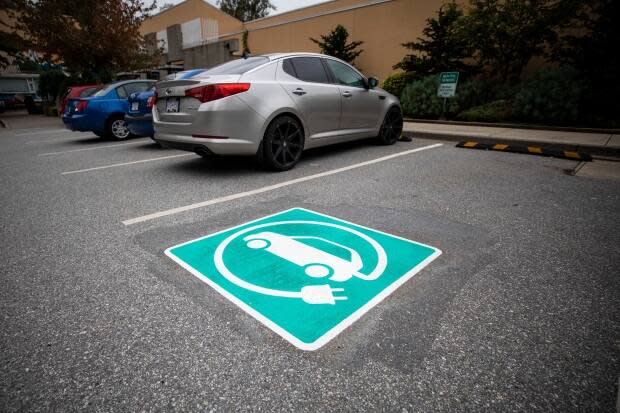City's path to 'net zero' emissions by 2050 to cost billions
City staff calculate it will cost more than $30 billion in today's dollars to hit Ottawa's targets for reducing greenhouse gas emissions by 2050, but they also say the savings will more than offset that daunting price tag.
The figure "jumps off the page" in a new report headed to the standing committee on environmental protection, water and waste management on Tuesday, admitted Coun. Scott Moffatt, who chairs the committee.
The idea is not that the cost would be borne by the municipality, but that upper levels of government and the private sector would do their part over many years, he said. Moffatt gave the example that he personally needs the automotive industry to shift before he can buy an electric vehicle to drive from rural North Gower to city hall.
Council last year declared a climate emergency, and in January set a more ambitious target for reducing greenhouse gas emissions. Moffatt said he sees it as his job to make sure Ottawa is "serious" about that goal.

"Municipalities across the country, across North America, have passed the motion. They make the commitment. I've yet to see anyone actually monetize it or say what needs to happen to get there. So we've done that," said Moffatt.
Report sees savings by 2032
The new target calls for the wider community to eventually reduce emissions so that 30 years from now they are 100 per cent below 2012 levels, or "net zero."
Getting there would take major retrofits of buildings and homes, and a rethink of how they're heated and cooled. It would also require congestion charges and car-free zones, and would assume all new vehicles are electric.
After four years of work on what's known as the city's "energy evolution" plan, staff have now produced a final strategy and calculated such a vision would cost $57.4 billion, or $31.8 billion in today's dollars.
But the savings of those more efficient buildings and electric cars would start to offset the costs by 2032, staff report, so that by 2050, Ottawa as a whole would have saved $28.4 billion, or $2.7 billion in 2020 dollars.
Local economy can manage the shift
City staff acknowledge the strategy comes with many risks, from lack of government or private funding to limited uptake by residents and industry, and even competing city council priorities.
But experts say the cost itself is realistic, given the much larger size of Ottawa's economy, and the fact the changes would roll out over three decades.

Nicholas Rivers, the Canada Research Chair in Climate and Energy Policy at the University of Ottawa, has seen many climate change plans at the national and international levels, but says he has yet to see a city-level price tag for hitting greenhouse gas emissions targets.
Such expenditures would be justified, he said, and the costs of climate change and doing nothing would be much greater.
"It's not fair to look at one side of the ledger," Rivers said.
Ralph Torrie agreed. He's a senior associate with the firm that worked with Ottawa on its strategy, and an adviser for Low Carbon Cities Canada, of which Ottawa is a member.
"It is a big job, but the Canadian economy is capable of making this transition," he wrote in an email. "With interest rates down and the economy in need of a reset, this is the time to go all-in for a green recovery."
As for the coming five years, city staff have come up with a list of 20 projects to tackle such as making sure energy priorities form part of Ottawa's new official plan, and working on programs to encourage building retrofits.


